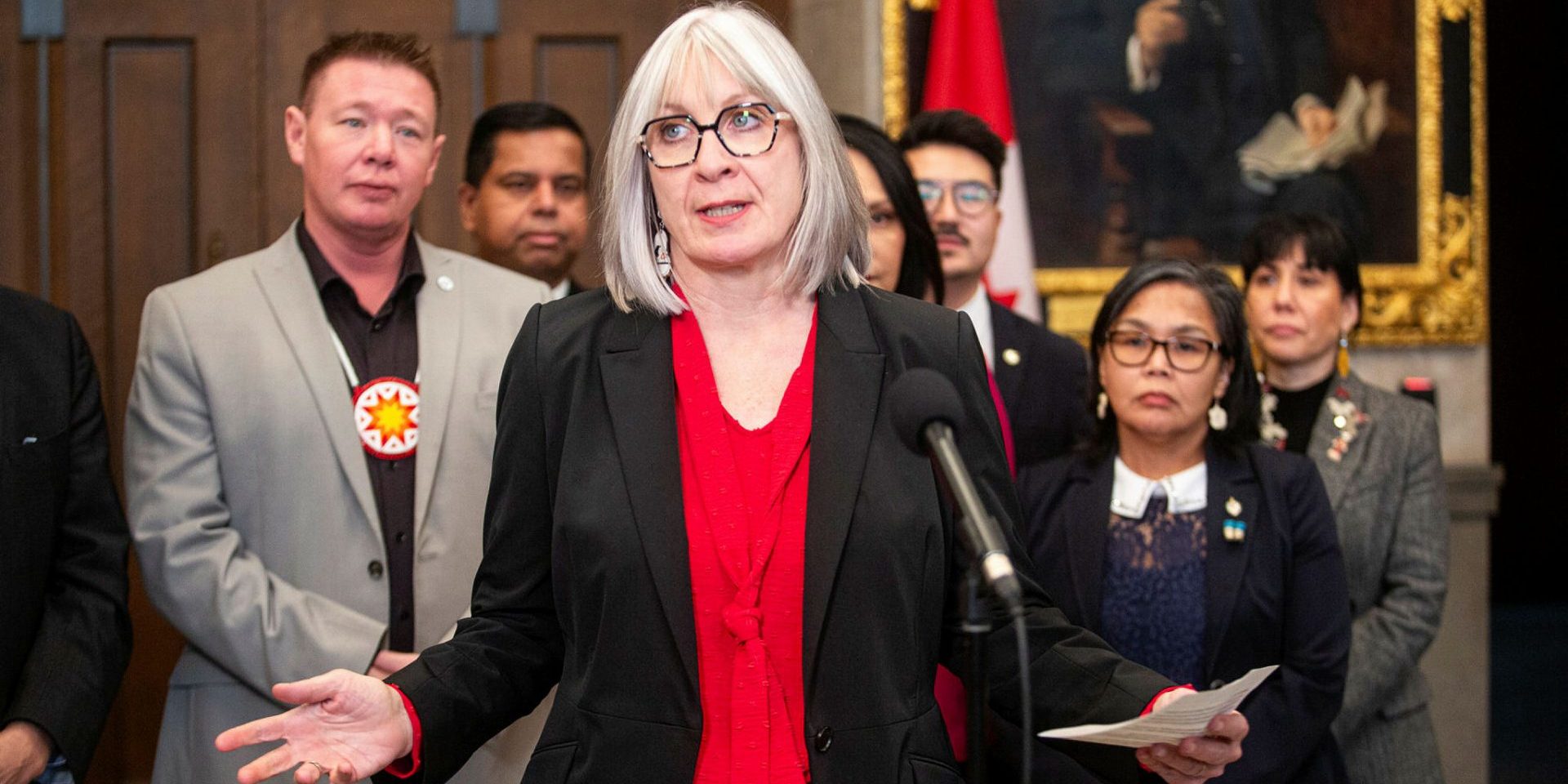Ottawa removed 118 companies from its Indigenous Business Directory this year

Indigenous Services Canada has already removed nearly 120 businesses from the government’s Indigenous Business Directory this year, amid growing scrutiny over the federal government’s oversight of a multibillion-dollar program intended to benefit Indigenous Peoples through procurement.
Carolane Gratton, a spokesperson for Indigenous Services Canada (ISC), said in a Dec. 3 email to The Hill Times that the department had removed 118 businesses from the list as of Nov. 29.
“Businesses can be removed for a variety of reasons, including business closures, no longer meeting the Procurement Strategy for Indigenous Business (PSIB) eligibility criteria due to changes in ownership or control, etc.,” Gratton said.
The Indigenous Business Directory (IBD)—which lists 2,940 verified companies eligible for federal procurement as of Dec. 4—has been under increased scrutiny after media reports and House committee testimony suggested the government’s poor management of Indigenous procurement strategies has allowed non-Indigenous businesses to benefit from federal programs.
“As businesses grow, dissolve, or change, the list is constantly being updated,” Gratton added. The department did not respond to Hill Times questions by publication deadline about how many businesses were removed in 2023.
The database lists eligible firms in sectors from construction to technology to gourmet food, and is maintained by ISC. It includes businesses with at least 51 per cent Indigenous ownership and control, qualifying them to access government procurement opportunities under the PSIB.
Indigenous Services Minister Patty Hajdu (Thunder Bay–Superior North, Ont.) previously told the House Government Operations Committee that 1,100 businesses were removed from the IBD in 2022 “as part of a cleanup of businesses that were registered before 2019.” Hajdu said the department examines the Indigeneity of businesses every two years as they “transform quite a bit in between audits.”
Over the past year, successive media reports and testimony from Indigenous community leaders revealed loopholes that have allowed non-Indigenous firms to benefit from the PSIB by self-identifying as Indigenous, or by using so-called “rent-a-feather” schemes where an Indigenous person fronts a non-Indigenous company to secure contracts.
A company cofounded by now-former employment minister Randy Boissonnault (Edmonton Centre, Alta.) had reportedly made two bids for federal government contracts in 2020, and had described itself as “a wholly owned Indigenous and LGBTQ company” and “Aboriginal.”
Boissonnault—who previously identified himself as a “non-status adopted Cree” in public statements—has denied ever using his Indigenous ties to benefit from government contracts.
Since 1996, the federal government has had a strategy to boost participation of Indigenous businesses in procurement. The strategy was revamped in 2021, and became the Procurement Strategy for Indigenous Business (PSIB) with a mandate requiring at least five per cent of annual contract values to be allocated to Indigenous firms. In 2018, more than $170-million in contracts were awarded to Indigenous companies, representing only one per cent of the total value that year. The value of government contracts awarded under the PSIB reportedly rose to $862-million in the 2022-23 fiscal year.
ikoca@hilltimes.com
The Hill Times






 LICENSING
LICENSING PODCAST
PODCAST ALERTS
ALERTS













